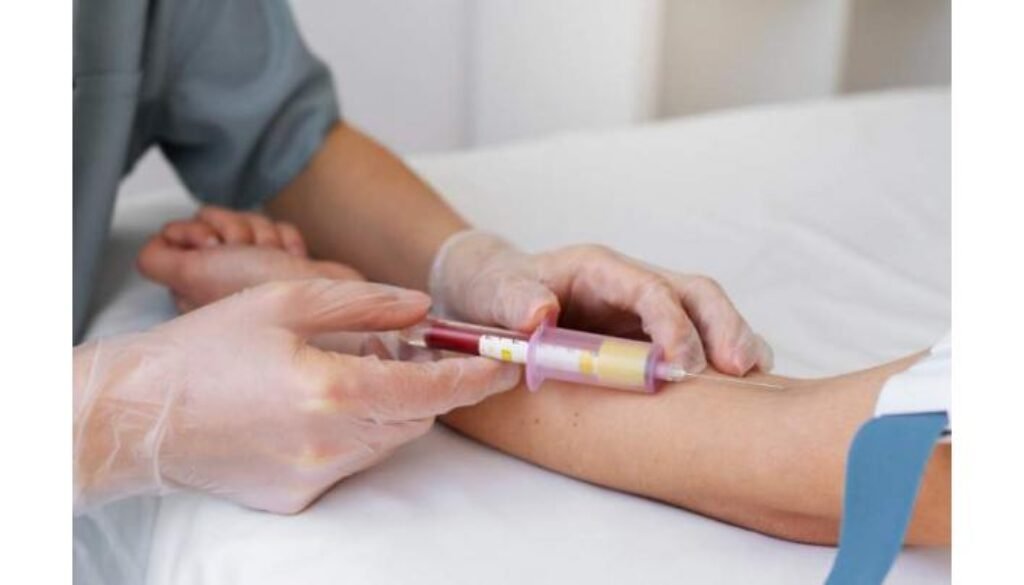World Hemophilia Day Observed To Underscore Importance Of Providing Comprehensive Care
World Hemophilia Day a global healthcare event is commemorated on April 17 every year to increase awareness about hemophilia and similar bleeding disorders. The day aims to disseminate knowledge about the condition and recognize the efforts of volunteers supporting the hemophilia community
World Hemophilia Day, observed annually on April 17th, serves as a global healthcare event dedicated to raising awareness about hemophilia and similar bleeding disorders. The primary objective of this day is to educate people about the condition and acknowledge the efforts of volunteers who support the hemophilia community.
Hemophilia is a rare blood disorder characterized by insufficient blood clotting due to a deficiency in clotting factors, leading to prolonged bleeding. While there is no cure for hemophilia, treatments are available to help manage the condition.
This year, the theme of World Hemophilia Day is “Equitable Access for All: Recognizing All Bleeding Disorders.” This theme emphasizes the importance of ensuring that individuals affected by inherited bleeding disorders, regardless of their specific condition, gender, age, or location, have equal access to appropriate treatment and care.
In commemoration of this day, Zamurrad Khan, the Pattern Chief of Pakistan Sweet Homes, highlighted the significant contribution of Sweet Homes volunteers in rescuing approximately 20,000 children from life-threatening situations caused by hemophilia through blood donations.
Khan emphasized the invaluable role of youth in serving the nation, acknowledging those who selflessly contribute to saving lives through blood donations. Hemophilia, being a hereditary bleeding disorder, results in prolonged bleeding after injuries or surgeries due to deficient or low levels of clotting factor proteins essential for controlling bleeding.
This day serves as a platform to support the global bleeding disorders community and advocate for access to care and treatment for affected individuals worldwide, regardless of their demographic characteristics. While there is currently no cure for hemophilia, efforts to manage the condition are crucial in ensuring the well-being of those affected by it.





